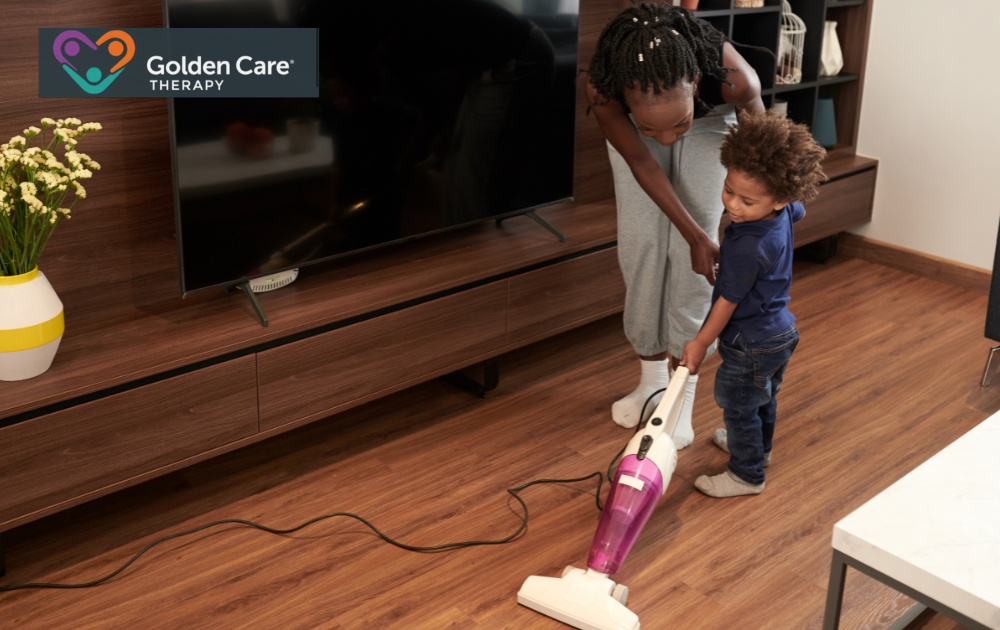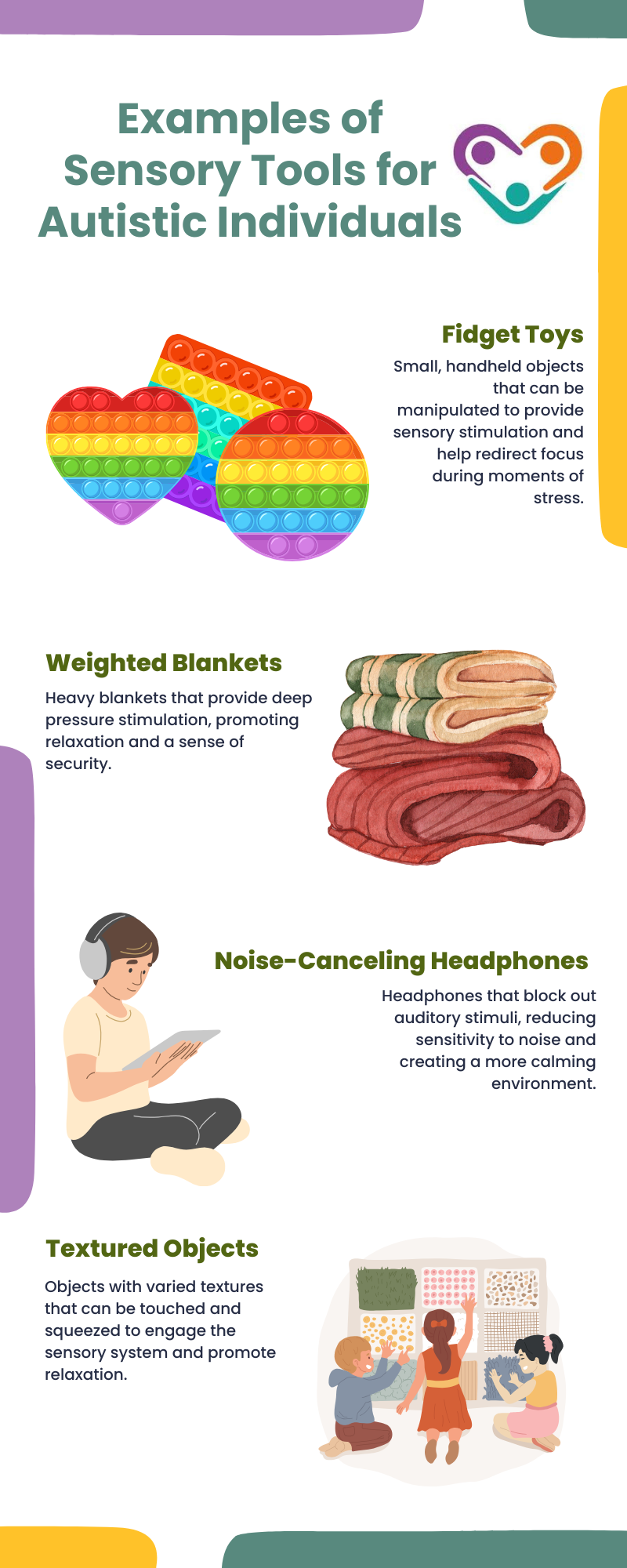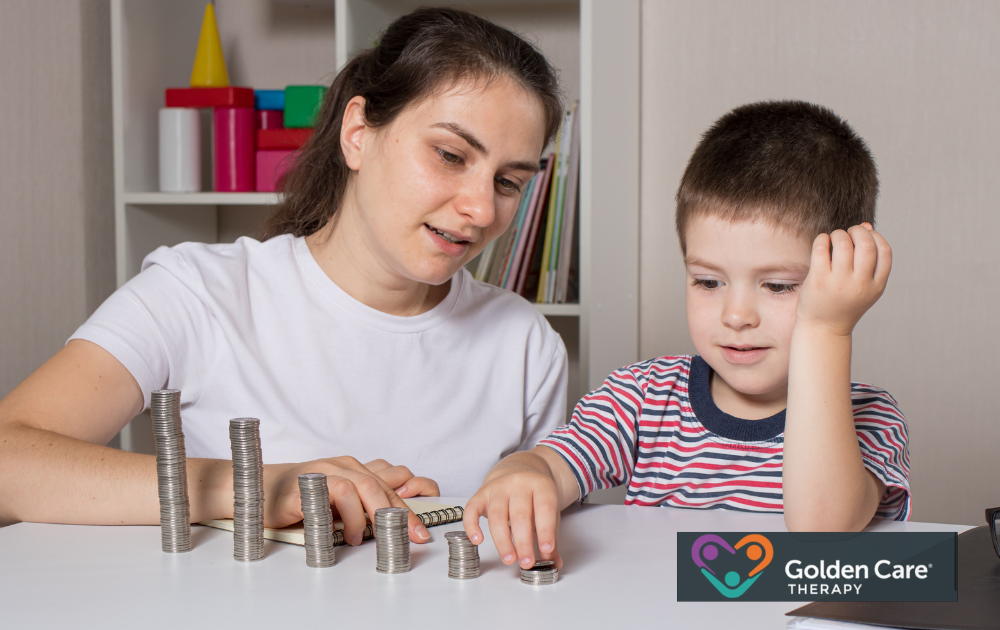For individuals with autism, developing and honing life skills is paramount in fostering independence and enhancing overall quality of life. Embracing the importance of life skills and participating in purposeful activities that target these skills can significantly benefit individuals with autism.
Life skills encompass a wide range of abilities and behaviors essential for daily functioning and independent living. Acquiring and mastering life skills can enhance self-reliance, boost self-esteem, and improve social interactions for individuals with autism.
Learning and practicing these skills allows them to navigate daily challenges more effectively and participate more fully in their communities.
How Life Skills Activities Can Benefit Individuals with Autism
Engaging in life skills activities tailored to the specific needs of individuals with autism can yield numerous benefits. These activities provide opportunities for structured learning, reinforcement of positive behaviors, and the development of essential capabilities.
Through consistent practice and guidance, individuals with autism can enhance their communication, social interaction, emotional regulation, and sensory processing skills. By recognizing the significance of life skills and actively engaging in purposeful activities, individuals with autism can cultivate their strengths, build confidence, and thrive in various aspects of daily living and social interaction.
Daily Living Skills Activities
Daily living skills activities play a crucial role in fostering independence and autonomy for individuals with autism. These activities encompass a wide range of tasks that are essential for everyday living.
Let’s look at three key categories of daily living skills activities for autistic individuals. These are as follows::
Personal Hygiene Skills
Encouraging individuals with autism to develop personal hygiene skills is essential for their overall well-being and social interactions. Here are some fundamental personal hygiene skills that can be incorporated into their daily routine:
- Dental care
- Bathing and showering
- Hair care
- Handwashing
Teaching and practicing these personal hygiene skills allows autistic individuals to enhance their self-care abilities and maintain good hygiene practices.
Meal Preparation and Cooking Skills
Developing meal preparation and cooking skills empowers individuals with autism to make healthy food choices and become more self-sufficient in the kitchen. Here are some essential meal preparation and cooking skills to focus on:
- Following recipes
- Food safety practices
- Knife skills
- Cooking techniques
Introducing individuals with autism to meal preparation and cooking skills will help them gain confidence in the kitchen and improve their nutritional choices.

Household Chores and Cleaning Skills
Engaging individuals with autism in household chores and cleaning activities not only teaches responsibility but also enhances their organizational and time management skills.
Here are some household chores and cleaning skills that can be part of their daily routine
- Laundry
- Dishwashing
- Vacuuming and dusting
- Making the bed
Incorporating these household chores and cleaning skills into their daily activities allows autistic individuals to contribute to the upkeep of their living environment and develop important life skills for independent living.
Communication and Social Skills Activities
Developing communication and social skills is essential for individuals on the autism spectrum to navigate social interactions successfully. Here, we will explore various activities that can help improve these skills.
Conversation Starters and Social Scripts
One effective way to facilitate social interaction for individuals with autism is to provide them with conversation starters and social scripts. These tools offer structured cues and prompts to initiate and engage in conversations with others. By practicing these scripts, individuals can feel more confident and comfortable in social settings.
Role-Playing Scenarios for Social Interactions
Role-playing scenarios provide individuals with autism the opportunity to practice various social interactions in a controlled and supportive environment. By simulating real-life situations, such as greetings, conversations, or problem-solving scenarios, individuals can enhance their social skills and learn appropriate responses to different social cues.
Engaging in role-playing activities with a partner or a therapist allows individuals to receive feedback and guidance on their social interactions, helping them build confidence and improve their communication skills.

Ways to Practice Nonverbal Communication
Nonverbal communication plays a significant role in social interactions. Individuals with autism can benefit from practicing nonverbal cues to express themselves effectively.
Activities that focus on nonverbal communication, such as body language, facial expressions, and gestures, can help individuals convey their thoughts and emotions more clearly.
Through these communication and social skills activities, individuals with autism can enhance their ability to engage with others, foster meaningful relationships, and navigate social situations with confidence and ease.
Sensory Regulation Activities
Individuals with autism often experience challenges with sensory processing, making sensory regulation activities essential for their well-being. These activities aim to help individuals cope with sensory overload, create sensory-friendly environments, and improve sensory integration.
Some calming techniques for sensory overload include mindfulness meditation, deep breathing, and progressive muscle relaxation.
At the same time, creating a sensory-friendly environment is key to supporting individuals with autism. For that, you want to consider the following design tips:
- Use soft, dimmable lighting to reduce harsh glare.
- Minimize loud noises and provide quiet spaces for relaxation.
- Incorporate soft textures and comfortable seating options.
Then there are sensorimotor activities that can aid in sensory integration and regulation. These activities involve movement and sensory input to help individuals process and respond to sensory information effectively.
Some good examples include sensory bins, yoga, and swinging. By incorporating these sensory regulation activities into daily routines and environments, individuals with autism can better manage sensory challenges and improve their overall quality of life.
Emotional Regulation Activities
Emotional regulation is a crucial aspect of managing autism sensory challenges. Engaging in specific activities can help individuals with autism develop skills to navigate and regulate their emotions effectively.
There are three key emotional regulation activities in this aspect which are as follows:
Deep Breathing Exercises for Anxiety
Deep breathing exercises are a valuable tool for individuals with autism to cope with anxiety and stress. Teaching deep breathing techniques can help regulate emotions by encouraging relaxation and reducing feelings of anxiety.
It provides a simple yet powerful way to calm the mind and body during moments of heightened stress.
Sensory Tools for Self-Soothing
Sensory tools can play a vital role in helping individuals with autism self-soothe and regulate their emotions. These tools provide sensory input that can have a calming effect and help individuals manage sensory overload.
Some notable examples of sensory tools include:

Journaling and Emotional Expression Techniques
Journaling and expressing emotions through writing or other forms of communication can be beneficial for individuals with autism. Journaling provides a safe space for self-reflection, emotional processing, and creative expression.
It allows individuals to explore and articulate their feelings, thoughts, and experiences in a structured and meaningful way.
With the help of these emotional regulation activities, individuals with autism can enhance their ability to manage emotions, reduce anxiety, and improve overall well-being.
Providing support and guidance in practicing these activities can empower individuals with autism to navigate emotional challenges more effectively and promote emotional self-regulation.
Practical Life Skills for Independence
Practical life skills play a vital role in fostering independence and self-sufficiency for individuals with autism. Here, we’ll look at essential life skills activities focused on money management, transportation skills, job readiness, and workplace skills.

Money Management Skills
Mastering money management skills is crucial for individuals with autism to navigate daily financial tasks independently. Developing a structured approach to money helps in promoting financial independence and responsibility.
Here are some key money management skills activities that can benefit individuals with autism:
- Budgeting Basics: Teaching how to create and stick to a budget for daily expenses
- Counting and Managing Money: Practicing counting coins and bills and making simple transactions
- Understanding Shopping Lists: Learning to create and use shopping lists to stay organized while shopping
- Identifying Coins and Bills: Recognizing different denominations of coins and bills to facilitate monetary transactions
Transportation Skills
Acquiring transportation skills is essential for individuals with autism to navigate their environment and participate in community activities. Learning how to use public transportation or drive can significantly enhance independence and social inclusion.
Here are some transportation skills activities to consider:
- Learning bus routes
- Safe street crossing
- Using ride-sharing services
- Basic car maintenance
Job Readiness and Workplace Skills
Equipping individuals with autism with job readiness and workplace skills is key to their successful integration into the workforce. These skills not only enhance employment opportunities but also boost confidence and self-esteem.
Here are some activities focused on job readiness and workplace skills:
- Assisting in creating a resume highlighting skills and experiences
- Role-playing job interviews to improve communication and self-presentation
- Teaching appropriate workplace behavior and social interactions
- Developing time management techniques for punctuality and task completion
With the integration of these practical life skills activities into daily routines and specialized training programs, individuals with autism can enhance their independence, confidence, and overall quality of life.
Empowering them with these essential skills opens up a world of opportunities and enables them to thrive in various aspects of life.

Final Thoughts
Life skill activities are essential building blocks for fostering confidence and independence in individuals with autism. By focusing on meaningful, practical skills, these activities empower growth and open doors to new possibilities. Every small achievement becomes a step toward greater self-reliance and personal fulfillment.
With patience, creativity, and consistent support, the path to a more independent and enriched life becomes not just attainable but deeply rewarding for all involved. At Golden Care Therapy, we offer high-quality ABA therapy in New Jersey, designed to meet the unique needs of each individual and family.
Our experienced team is dedicated to providing compassionate, results-driven care that fosters growth and development. Contact us todayto learn how we can support you on this journey and make meaningful progress together.
Sources:



